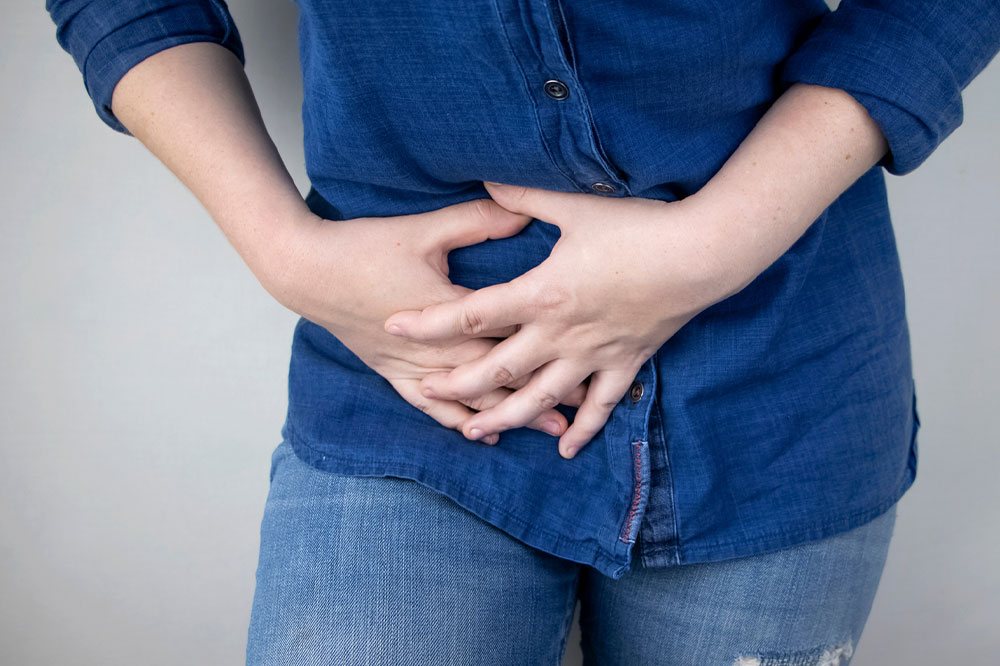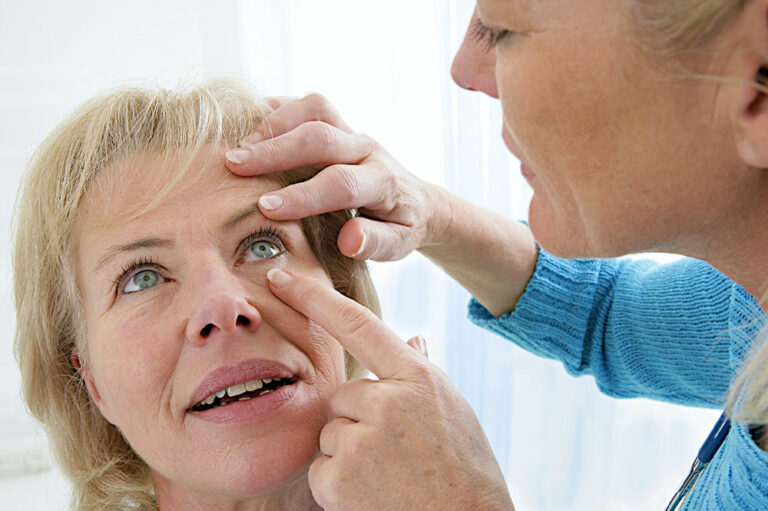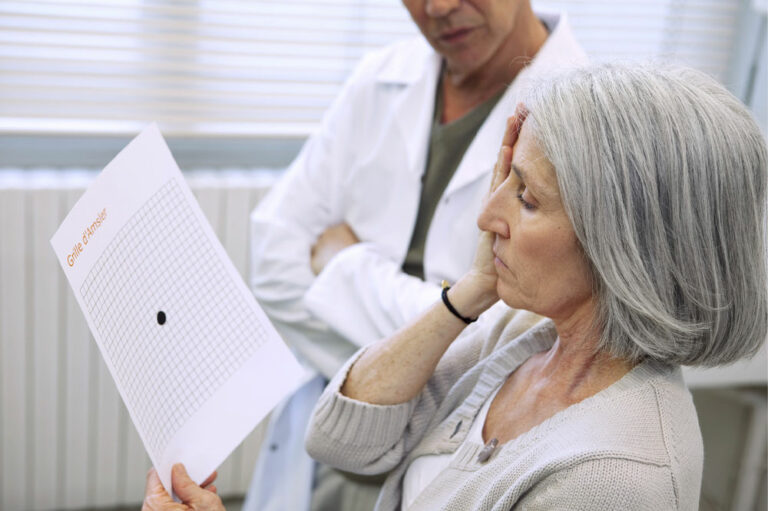
7 common early signs of Crohn’s disease
Crohn’s disease is an inflammatory bowel disease (IBD) in which a person’s digestive tract tissues undergo inflammation and swelling. While it affects several digestive areas, this disease commonly targets the small intestine. It causes severe pain and discomfort in the abdomen region. Healthcare experts can diagnose the condition by detecting some of its more prevalent symptoms. Thus, here are some of the common early signs of Crohn’s disease you must note.
Diarrhea
Crohn’s disease is characterized by frequent flare-ups. As specified earlier, this includes inflammation and swelling in the tissues of one’s digestive tract. As a result, the intestine walls cannot absorb any nutrients, causing the waste residue to pass through without much natural processing. Due to this and the swelling, an individual’s stools are also badly affected. A person’s motions become loose, watery, and sometimes entirely liquid because of Crohn’s frequent flare-ups. This is why people with this condition start experiencing diarrhea regularly, along with this health condition’s flare-ups.
Abdominal pain
Pain in the lower part of one’s tummy is not uncommon for those who suffer from Crohn’s disease. In fact, this is an early symptom that a person is living with this disorder. The above-mentioned inflammation and swelling in the intestines tend to put a lot of pressure in and around the abdomen areas and the organs that are placed there. As a result, people experience discomfort and pain in their abdomen if they have Crohn’s disease. This pain becomes especially pronounced during flare-ups; it is usually accompanied by cramps and frequent instances of fatigue as well.
Abdominal pain is a symptom common to many diseases similar to Crohn’s. So, if one frequently has pain and discomfort in their abdominal area, they need to visit a healthcare professional immediately for help.
Loss of appetite
People with Crohn’s disease undergo several hormonal changes, many of which affect their appetite adversely. Like many IBDs, Crohn’s also drastically alters the levels of hormones, such as leptin and ghrelin, two elements closely linked with a person’s appetite.
Several scientific research studies have shown that Crohn’s disease triggers inflammatory cytokines, which are proteins in a person’s immune system that becomes overactive during flare-ups. The gut-brain interaction that is caused by this results in appetite loss in people. Crohn’s-based inflammation directly tends to affect the central nervous system and brings changes to the way the brain facilitates appetite in individuals. Apart from this, appetite loss is a result of other digestive tract issues and inflammation caused by Crohn’s disease.
Fever
The systemic inflammation that comes with Crohn’s disease causes a person’s body temperature to rise and fall dramatically. A high fever is the direct result of intestinal inflammation in such people. At the same time, Crohn’s disease also brings about fever through various infections. One of the known facts about this health condition is that it weakens a person’s immunity. People become vulnerable to bacterial and fungal infections more frequently if they have Crohn’s disease. The end result is profuse sweating and fevers during the night time, which get worse worse during flare-ups.
Nausea and vomiting
Essentially, one can clearly observe the gradual decline of their digestive process in a person living with Crohn’s disease. Normally, when one consumes food, it goes through a set pathway until it is broken down, processed, absorbed, and the waste residue is excreted. However, when a person’s intestines are inflamed, the food cannot normally travel through their digestive tract. It faces several disruptions along the way and, occasionally, is sent back up in the form of vomit. Therefore, if one experiences vomiting sensations after consuming food frequently and throws up undigested food with alarming regularity, they need to get themselves checked for Crohn’s disease.
Like many of the symptoms listed here, nausea and vomiting are also the signs of many other digestive disorders and IBDs. Visiting and undergoing a check-up at the hands of an experienced healthcare professional helps people clearly differentiate between other diseases and Crohn’s. Doing so, rather than taking decisions by oneself, also helps individuals with getting the right treatment and prescription-based solutions for their health problem.
Joint pain
Many readers might wonder about how a predominantly digestive disease affects the bones and joints, but an early symptom of Crohn’s disease is also joint pain. Although healthcare researchers are still delving deeper into the actual connection between one’s gut and joints, some of the potential causes of this symptom include a genetic predisposition, the make-up of the microbiome, and overactive inflammatory cells, all triggered by Crohn’s disease. A possible reason for joint pain is inflammation that causes the bacterial matter to migrate from the gut to other zones within the body. A frequent zone is the nexus of various bones and joints in individuals. To fight the bacteria, the body’s white blood cells attack them. As a collateral damage, the zones where the bacteria are present also get affected in the cross-fire.
Red bumps on the skin
Like one’s joints, the skin also seems pretty distant from one’s digestive system. However, an early sign of Crohn’s-driven inflammation is red skin bumps. A particular complication brought about by Crohn’s disease is Acrodermatitis enteropathica, in which a person also suffers from zinc deficiency. The diarrhea caused by Crohn’s disease makes people lose several vital nutrients, such as zinc, a vital nutrient that facilitates growth and development in people.
Due to these zinc inconsistencies, people develop pink, scaly rashes on their face and other areas throughout their skin. The rashes generally appear more tangibly on the mouth and anal areas. To counter this particular early symptom of Crohn’s, healthcare professionals advise people with this condition to consume meals and drinks that are rich in zinc.





